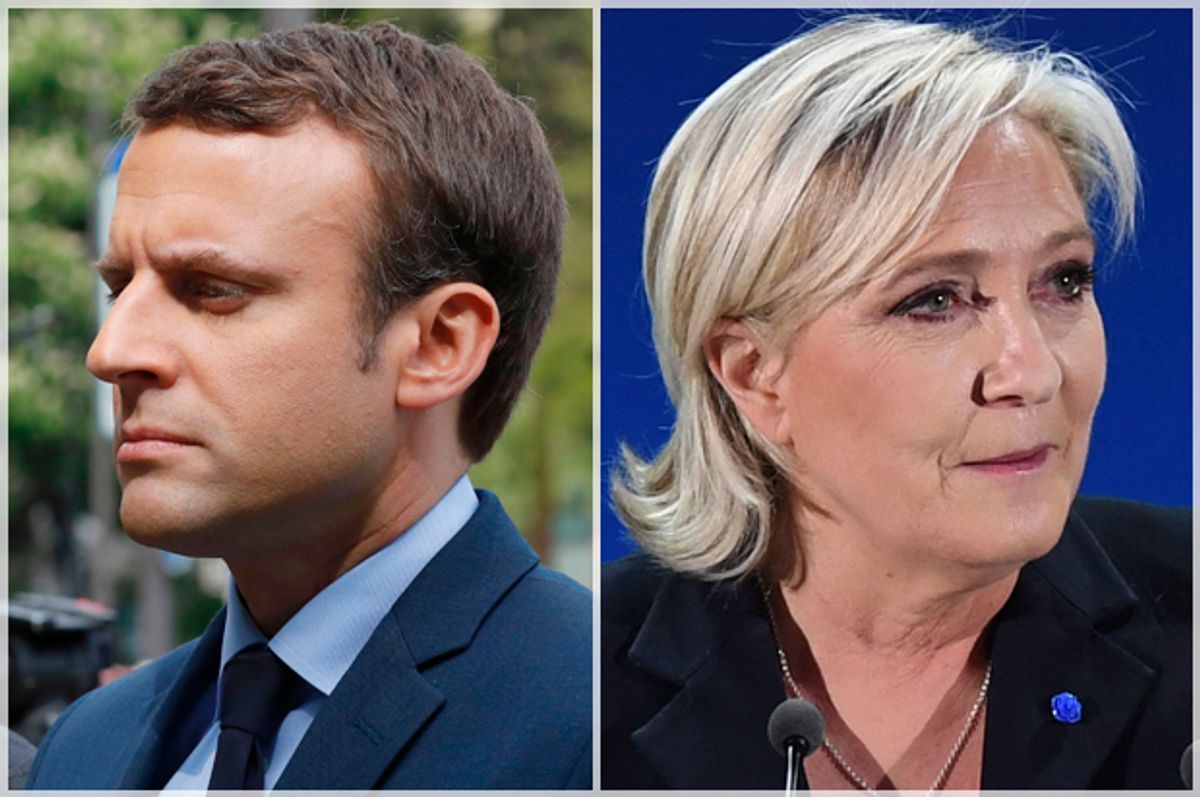Before the final count was even determined, French politicians rallied around the projected winner Emmanuel Macron and urged their supporters to unite against far-right candidate Marine Le Pen in the final round of the French election that will be held on May 7. A stark contrast from the electorate in the U.S. general election, and at face value it appears as a noble gesture, but does it necessarily result in a positive outcome? Or should voters feel robbed of a democratic process that has left them politically homeless — or worse — politically voiceless?
Last November many supporters of Bernie Sanders and Jill Stein refused to back the Democratic nominee Hillary Clinton, surfacing many of the ideological rifts between the liberals and the leftists. The fallout since the election has seemingly been a clash of not if President Trump should be resisted, but how.
If the election between Trump and Clinton were to take place today, Trump would still emerge victorious and he even would have captured the popular vote, according to a new poll. But not exactly as one may expect. Clinton would have actually lost votes, as voters would have been more likely to abstain or support a third party candidate. This was the tone in France following the results of Sunday's nationwide preliminary round election.
“There’s a clear distinction to be made between a political adversary and an enemy of the republic,” Socialist Party candidate Benoit Hamon said yesterday, according to the New York Times, in a push to his supporters to vote against Le Pen.“This is deadly serious now.”
France's politicians are forming an anti-Le Pen alliance in the spirit of opposing the nationalistic and racially motivated fear mongering Le Pen's National Front party has historically championed. The stand-alone notion is undoubtedly assuring for progress, but her centrist opponent Macron is a candidate that plays into the narrative of being an outsider despite hardly being one. The 39-year-old former banker has never held public office and is a strong supporter of neoliberal policies and economic deregulation. There are plenty of reasons why Macron is seen as someone who is better to lead a nation that may be on the hinges of leaving the European Union, but that also depends on one's definition of better. Will a Macron victory deliver a strong message of unity against nationalist anti-immigrant rhetoric, or will it lead to further wealth inequality and economic misery that inevitably prolongs the next Le Pen?



Shares